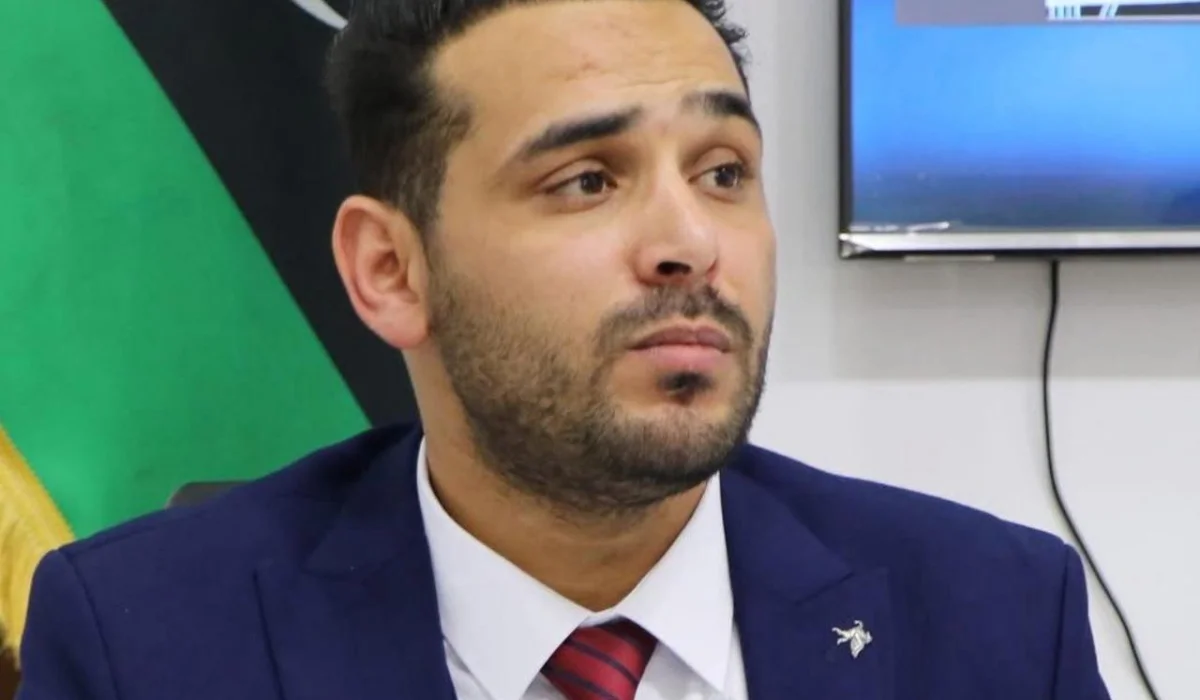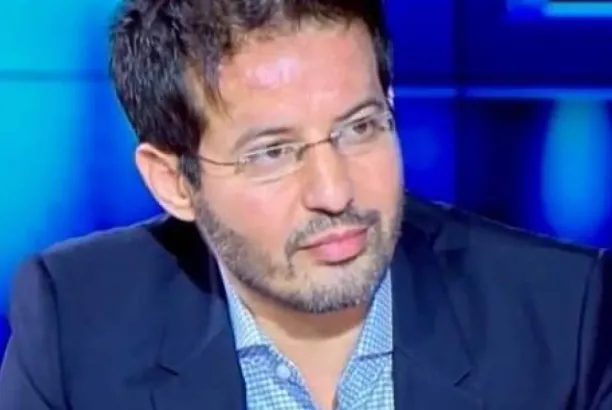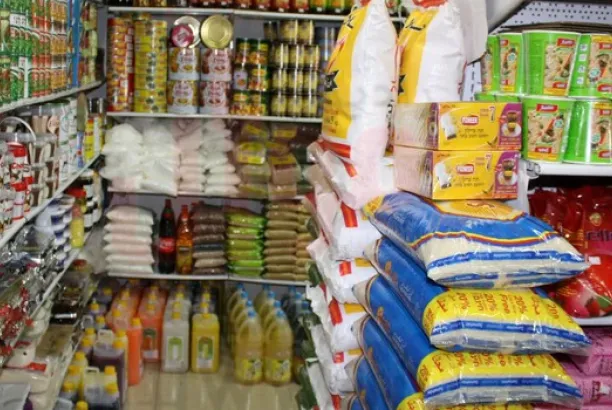Written by political economy professor Mohamed Al-Barghouthi
In contemporary economic experiences, the central bank is not viewed as the sole institution responsible for economic reforms. Rather, it is part of an integrated system that includes the Ministries of Finance, investment authorities, regulatory agencies, commercial banks, and executive authorities. When this system operates in harmony, it forms what is known as the macro-architecture of the national economy.
However, in Libya, a clear dilemma emerges: the lack of institutional effectiveness in many bodies involved in reforms, whether due to excessive bureaucracy, high levels of corruption, or power struggles between authorities. This dysfunction has placed the Central Bank of Libya, due to its nature and relative independence, in a position where it performs roles beyond its traditional mandate.
The Central Bank as a Supra-Institutional Entity
Academically, central banks typically focus on:
- Managing monetary policy.
- Protecting the value of the national currency.
- Supervising the banking sector.
- Managing foreign reserves.
Yet, the Libyan reality has pushed the Central Bank of Libya into what can be described as a dual role, intervening in areas outside its direct authority, such as:
- Indirectly controlling public expenditure budgets.
- Attempting to regulate the foreign currency market through mechanisms beyond traditional monetary frameworks.
- Intervening to reduce gaps of corruption in financing and import operations.
This expansion of roles was not a strategic choice but a practical necessity, imposed by institutional division and weak governance tools in other sectors.
The Waiting Dilemma – The Economy Cannot Wait
Economic reforms in Libya cannot wait for ministries and relevant authorities to reform themselves before initiating comprehensive reform. Society and markets cannot afford to wait, and any delay in decision-making widens the gap between real needs and available tools.
Hence, the Central Bank had to act, even unilaterally in some cases, to ensure a minimum level of stability. Delays in controlling the currency market, monitoring credits, or managing liquidity could have led to catastrophic short-term consequences.
Between Independence and Shared Responsibility
Nevertheless, this reality should not be interpreted as granting the Central Bank absolute authority. Economic reform remains a collective responsibility that cannot be shouldered by a single entity. Successful reform requires three interconnected elements:
- Institutional coordination: Each institution must perform its natural function without confusing overlap or inaction.
- Transparency and accountability: Essential to rebuilding trust between citizens and institutions.
- National economic vision: Going beyond temporary fixes, establishing a strategy for economic diversification and efficient resource management.
The Central Bank – Between Achievement and Challenge
The Central Bank of Libya, to the extent that it took additional measures to prevent economic collapse, remains an institution with objective limits that cannot be endlessly extended. Regardless of its efficiency, comprehensive reform is contingent on the ability of other institutions to fulfill their natural roles.
What can be said, however, is that while the Central Bank has faced criticism and pressure, it has maintained a degree of balance that has allowed the Libyan economy to endure so far. This, in itself, is an achievement in a challenging environment and should be built upon rather than underestimated.






